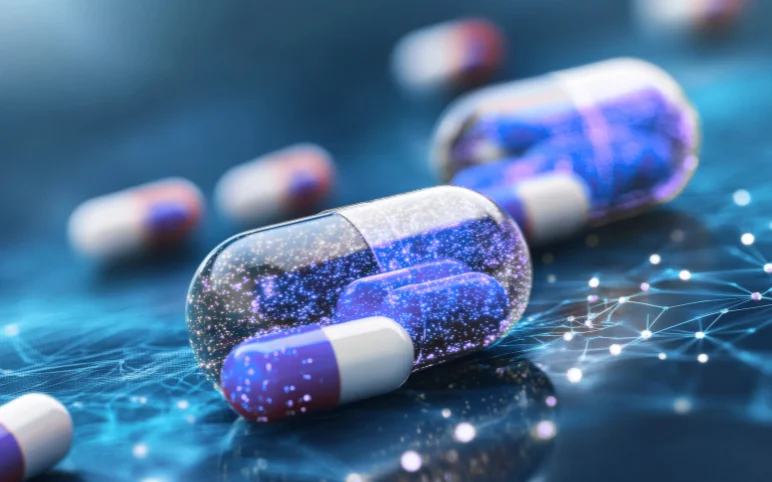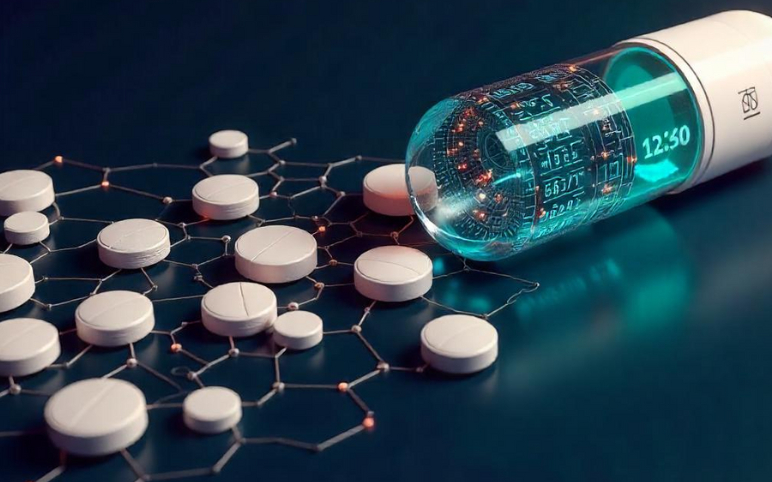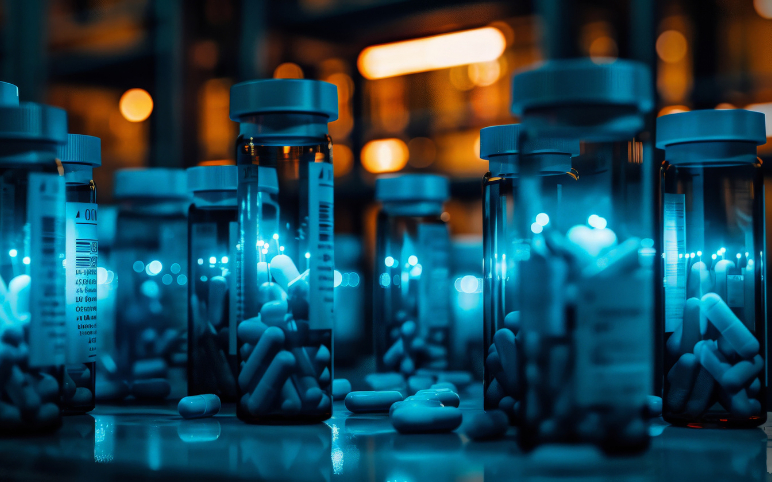Lilly links COVID-19 antibody to a reduce hospitalization rate
Eli Lilly has linked its anti-SARS-CoV-2 antibody to a lower rate of hospitalization in patients lately diagnosed with mild to moderate cases of COVID-19. Nevertheless, two of the three doses, including the highest studied in the phase 2 trial, flunked to beat placebo in terms of decreasing viral load by Day 11.
The study, BLAZE-1, evaluated the effect of three doses of LY-CoV555 and placebo in 452 patients with mild to moderate COVID-19 symptoms and a positive SARS-CoV-2 test based on a sample taken no more than three days before dosing.
The primary endpoint of Lilly looked at the change in viral load from baseline to Day 11. Only the 2800-mg dose met the primary endpoint. The other two doses—700 mg and 7000 mg—did no better than placebo by that yardstick. Typically, the highest dose of a drug has the most significant effect.
Tiny biologic drug to combat COVID-19 shows promise in animal models
Neutralizing monoclonal antibodies are potential tools in the fight against COVID-19, but their large size typically confines the administration route to an intravenous infusion.
Now, a research team led by the scientists at the University of Pittsburgh School of Medicine has recognized an antibody component that is ten times smaller than a full-sized antibody. In hamsters and mice, a drug based on it was found to be highly effective in blocking and treating SARS-CoV-2, the novel coronavirus behind COVID-19 as published in Cell.
Some members of the team have formed a startup known as Abound Bio, to bring the candidate, called Ab8, into clinical trials, possibly as an inhaled drug against COVID-19.
Ab8 has potential as a therapy for COVID-19. Besides that, it also could be used to keep people from getting SARS-CoV-2 infections as per co-author John Mellors, M.D. Antibodies of larger size have worked against other infectious diseases and have been well-tolerated, giving the hope that it could be an effective treatment for patients with COVID-19 and for protection of those people who have never had the infection and are not immune.
Regenerative tissue developer Aziyo Biologics files for USD 57.5 Million IPO
Regenerative medicine company Aziyo Biologics has filed for a USD 57.5 million Nasdaq IPO, with plans to extend its marketing and clinical development programs.
With a focus on tissue-based products for patients receiving medical device implants, the company has previously partnered up with Medtronic, Boston Scientific, Biotronik and more with its core, FDA-cleared offerings centred around cardiovascular and pacing implants, spinal repair and orthopaedic procedures, and soft tissue reconstruction surgeries.
This includes a biological envelope designed to surround an electronic implant, which helps to secure the device in place while avoiding patient rejection and the formation of potentially harmful scar tissue as well as regenerative bone repair products.
The Silver Spring, Maryland-based company also offers contract manufacturing of various bone, skin and soft tissue products for corporate customers. The commercial partners of Aziyo also promote and commercialize a number of the company’s products through their own sales networks.
Bristol Myers exercises an option on Obsidian’s CD40L cell therapy
Bristol Myers Squibb has exercised its option to license Obsidian Therapeutics’ CD40L-armed cell therapy globally. The agreement confers Bristol Myers control of a drug designed to counter the antigen-negative tumour escape that limits the efficacy of CAR-T cell therapies.
Celgene grabs an option on cell therapies featuring technology to control the activity of CD40L and IL-12 in the run-up to its USD 74 billion acquisition by Bristol Myers. It has gained the option through the takeover; Bristol Myers has decided to opt-in and claims its an exclusive global license on the CD40L program.
Atlas Venture-backed Obsidian is built upon technology for linked drug-responsive domains (DRDs) to therapeutic proteins. In the absence of a specific small-molecule drug, the protein deteriorates. When the drug is available, it stabilizes the DRD-tagged protein. If the approach works as expected, Obsidian will be able to adjust the timing and level of protein expression, proffering a level of control beyond what is possible with today’s cell and gene therapies.



